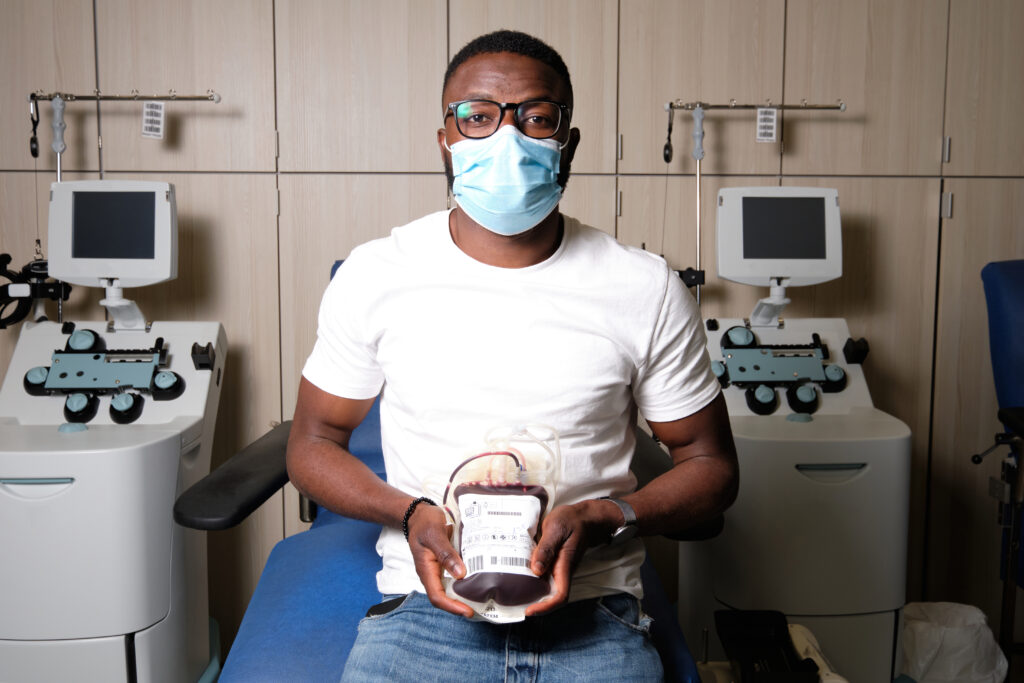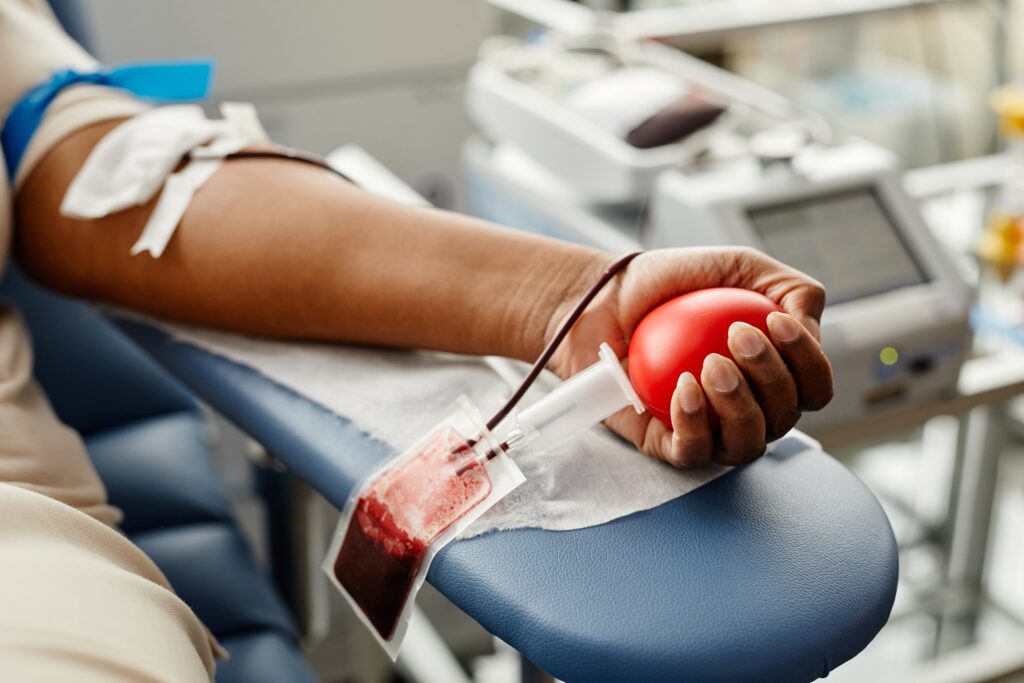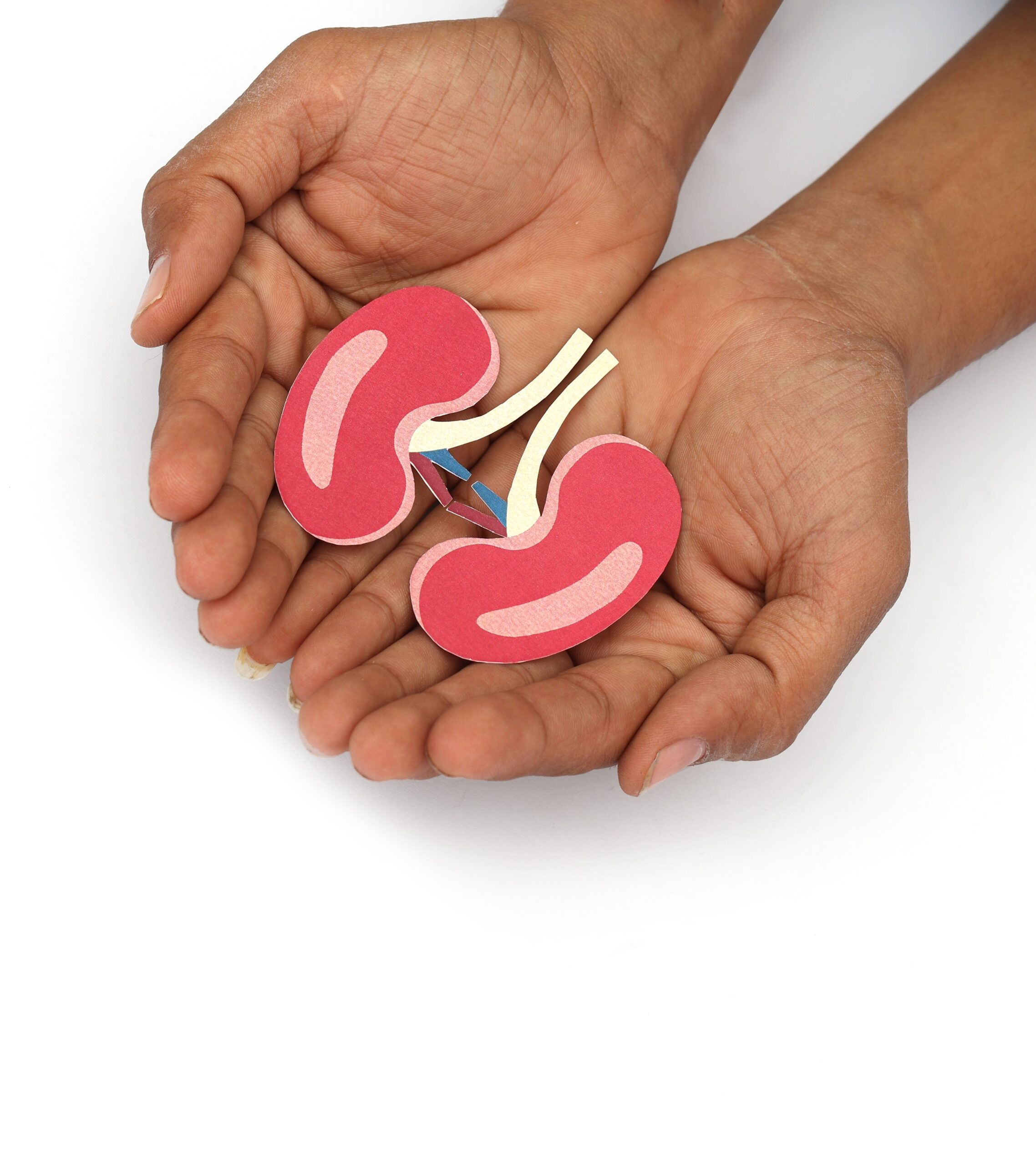Someone is added to the national transplant list every ten minutes in the US. With nearly 120,000 people total on the list, almost 100,000 of those are waiting for a kidney. There aren’t enough organ donors to trim that figure.
For Blacks, getting an organ match is not the problem, an organ from a white person can be accepted by a Black body. The problem deepens because Blacks have a fear of becoming organ donors.
In 2017 Blacks accounted for over 30 percent of the overall organ donation waiting list, with 33 percent needing a kidney, but Blacks make up only 13 percent of the US population.
Based on certain genetic markers and antibodies, a Black organ, matched with a Black person produces a better outcome and results in a higher rate of success. So why don’t more Blacks donate their organs?
Researchers found many Blacks cited fear that their organs would not be usable due to high blood pressure, heart disease, and other prevalent ailments in the Black community. The researchers concluded that often, it’s a simple matter of educating people about organ donation.
Blacks, on average, tend to suffer from higher rates of diabetes, high blood pressure, obesity, and other illnesses, so they think that their organs can’t be useful to anyone else. That simply not true.
Organ donations are more than just kidneys. For patients and families awaiting transplants, organ and tissue donations can mean the difference between life and death. One donor can donate and save up to eight lives by donating organs after death. The organs that can be donated include the heart, intestines, kidneys, liver, lungs, and the pancreas.

Blacks also have a distrust of the medical system, so they refrain from involving themselves in advanced conversations of placing themselves on organ donor lists.
In the Tuskegee syphilis experiment, Black men in Alabama were promised free medical care, and then unknowingly signed up for a long-term research study into the effects of syphilis. When a cure became available, the men were denied treatment so that the study could continue.
But the vicious cycle goes both ways. The medical profession doesn’t do a good job of educating Black people on the opportunities that come with being a viable organ donation candidate at the time of death.
Blacks also refrain from benefiting from living organ donation. Living organ donation is when a living person donates their organ or a part of their organ to be transplanted into another person. Most living donors donate one of their kidneys or a part of their liver. Other organs can be donated by living donors but are much rarer.
In 2021, 18.7 percent of non-Hispanic Blacks were living donors as compared to 33.6 percent of white living donors.
Blacks often do not benefit from living organ donation because of a reduced relationship with the medical profession. Living in rural locations, having a lack of medical coverage, or just not understanding the options present to them are all factors in Blacks not using the living donation process to donation organs to loved ones.
So, what can be done to increase the rate of Blacks making themselves available for organ donation?
There have been attempts to create increased awareness about the positives of being added to the national donor registry.

When getting a new driver’s license the question is asked, “Would you like to be an organ donor.” For those that would like to participate in the process of organ donation at the time of death, answering yes to the question is the first step to becoming an organ donor.
Blacks can also do more than just organ donating. Donating plasma is a great way to ensure that your local community has enough plasma on hand if a loved one needs blood.
Recently, there was a national shortage of blood available for transfusions in the US.
As with everything over the last couple of years, COVID-19 has magnified supply chain volatility, particularly in systems with underlying vulnerabilities. The blood supply has been growing increasingly fragile for several decades.
In 2019, for the first time since the Centers for Disease Control and Prevention and Health and Human Services began reporting trends in the National Blood Collection and Utilization Survey, the national number of red blood cells distributed essentially matched the number of red blood cells transfused. Reporting began in 1992.
In the Black community, along with the entire nation, young people are less likely to donate blood. The younger the person, the less likely they are to donate. The Red Cross declared a national blood crisis on January 11, 2022, and activated an emergency appeal for blood donors on the same day.
This situation is different from prior shortages in that some suppliers have been forced to put limits on how much blood each health care system or hospital can order, to ensure the largest number of hospitals have some of the limited supply.
For patients, this means some surgeries may be delayed, if a large amount of blood product is likely to be needed during the procedure. It also means hospitals may face challenges if there are large demands on the blood supply, such as a mass casualty incident or a similar emergency.
Unfortunately, the thought of blood and organ donation only arises when there is an immediate need for it by the family afflicted. Blacks need to become more cognizant of the community complications that are present when the entire race does not engage in life-saving behaviors.
As 2024 nears, Blacks will need to consider a vast number of things to begin to save their own community. Medically, organ donations by Blacks will increase the acceptance rate of those who receive an organ. Also, if more Blacks become organ donors, it will balance the inequity between those that get a transplant vs. those waiting for a transplant.
There are no easy answers to the question of whether you should become an organ donor. Life is precious and no one can outrun death, but it is worth an internal discussion on the benefits of becoming a donor.
For more information, go to: https://www.organdonor.gov/learn/what-can-be-donated


